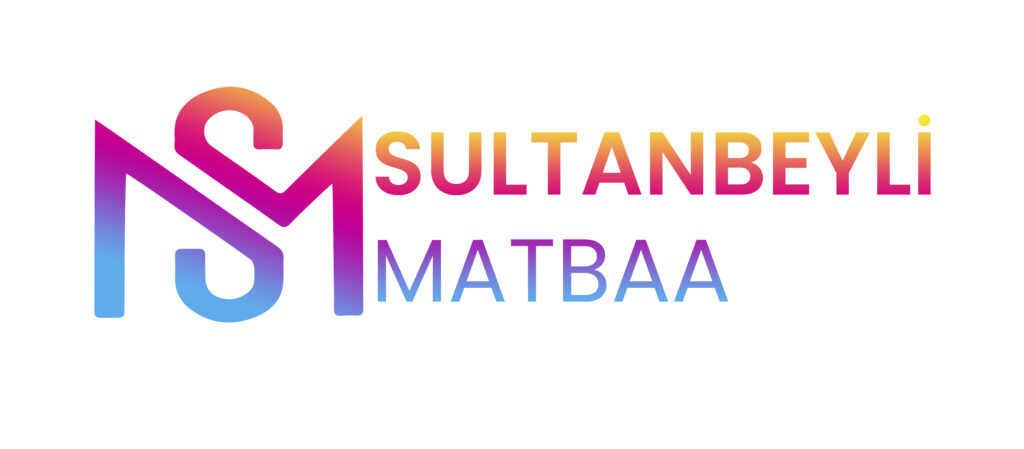Your Bookstime employer will withhold money from each of your paychecks to go toward your Illinois state income taxes. For the 2024 tax year, Illinois offers a personal exemption allowance of $2,775 per individual, totaling $5,550 for married couples filing jointly. Illinois residents and part-year residents with income above $2,325 must file a state tax return. Nonresidents with Illinois-sourced income are also required to file.
Illinois exemption allowance
For more details, review the Illinois Department of Revenue’s full list of individual income tax credits. Businesses must file Form IL-1120 for corporate income tax or Form IL-1065 for partnerships and S-corporations. The filing deadline is the 15th day payroll of the fourth month following the close of the tax year, typically April 15th for calendar-year taxpayers. Non-compliance results in penalties similar to those for individual taxpayers.
Your 2024 Federal Income Tax Comparison
Taxpayers unable to pay in full by the deadline can arrange installment agreements with the Department of Revenue, though these may incur additional fees or interest. If your state tax witholdings are greater then the amount of income tax you owe the state of Illinois, you will receive an income tax refund check from the government to make up the difference. Illinois also accepts online payments of your tax debt with credit cards and debit cards, or through a bank transfer. There is, however, a convenience fee for the use of a credit or debit card when paying your taxes. Graduated corporate rates are inequitable—that is, the size of a corporation bears no necessary relation to the income levels of the owners.
Illinois Tax Guide
You can’t claim the same allowances with more than one employer in a single tax year. An alternative is to divide your allowances between the two jobs on the Form IL-W-4 you give to each employer, or you could claim all your allowances with one job and none with the other. If you double-claim allowances while holding more than one job, you’ll owe more money at tax time. Illinois provides a standard Personal Exemption tax deduction of $ 2,625.00 in 2024 per qualifying filer and qualifying dependent(s), this is used to reduce the amount of income that is subject to tax in 2024. Taxpayers 65 or older and those who are legally blind receive an extra exemption of $1,000 each.
Illinois applies per-gallon alcohol excise taxes based on the alcohol content of the beverage being sold. Beer will generally be subject to a rate of 23 cents per gallon while wine and liquor are subject rates of $1.39 and $8.55 per gallon, respectively. A financial advisor can help you understand how taxes may impact your overall financial goals.

